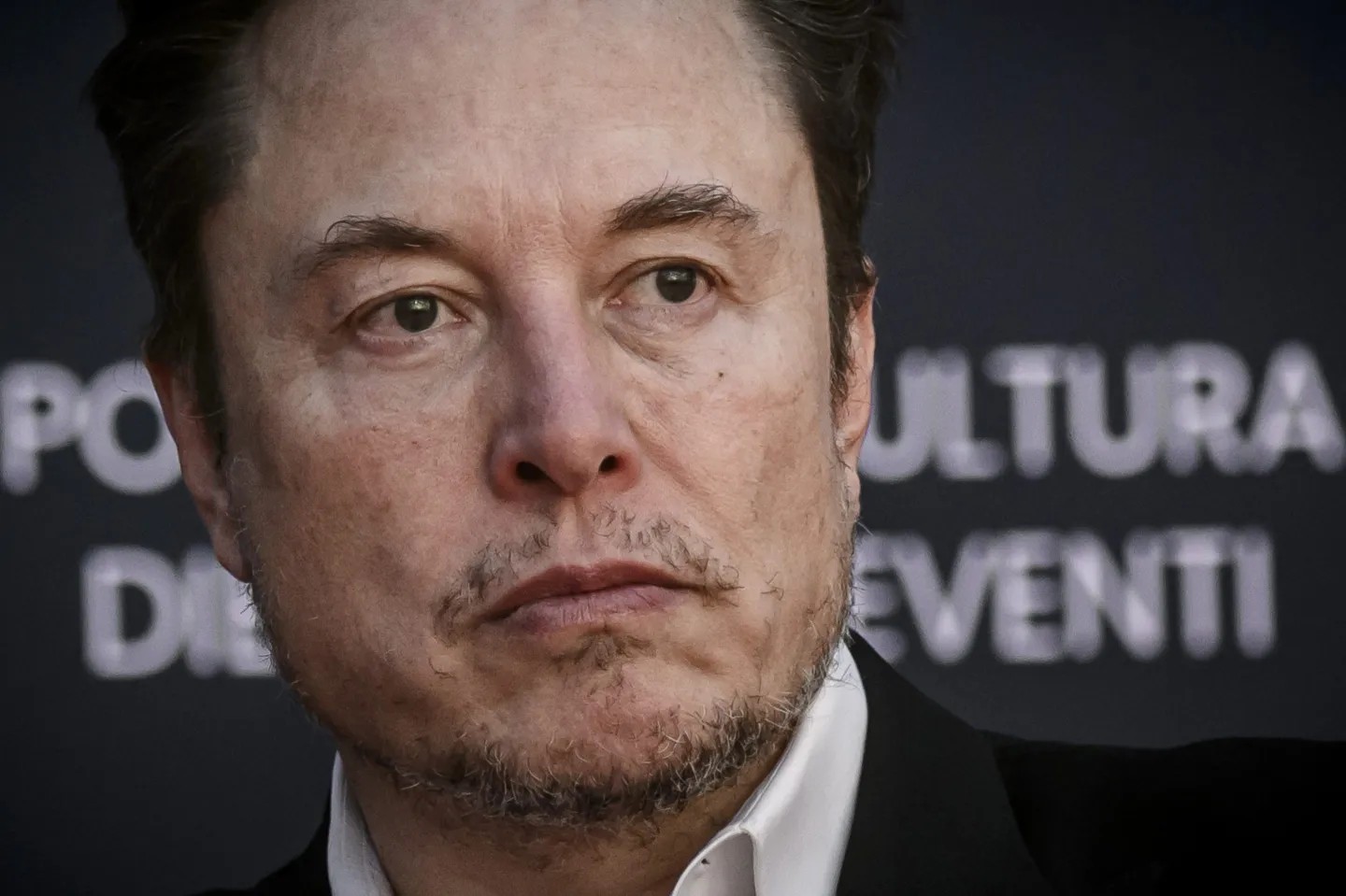
Por Contxto
January 16, 2024
Elon Musk, owning nearly 13% of Tesla, has urged for 25% voting control in the company. This demand follows his substantial share sale in 2022, amounting to $40 billion, partly financing his Twitter acquisition. Despite being the largest shareholder, Musk’s stake in Tesla has diminished, leading to his push for greater voting influence.
This is the right take.
Elon owns ~411 million shares of $TSLA – is that not incentive enough for Tesla the company to do well for years to come?
His $100 billion today turns into 1 trillion if TSLA surpasses Saudi Aramco & Apple.
Why the need for another comp plan?
For the… https://t.co/CSpfJBgh92
— Yashu Sharma 🍊 (@heyitsyashu) January 15, 2024
Musk’s appeal for enhanced voting power coincides with Tesla’s challenging phase, marked by a significant market value drop and shrinking profit margins. This period is further complicated by Musk’s legal proceedings and a shareholder lawsuit alleging Tesla’s board’s lack of independence in granting Musk a $55 billion performance award in 2018.
Amidst these developments, Musk has expressed reservations about expanding Tesla’s AI and robotics ambitions without sufficient voting control. He has hinted at the possibility of pursuing these interests outside Tesla if his demand for increased influence isn’t met. Tesla’s market capitalization, despite recent declines, has seen substantial growth since 2018, yet Musk’s Twitter deal has impacted his financial standing and Tesla’s valuation.
Musk’s stance on Tesla’s identity as a car, energy, or AI company remains a point of debate. His recent formation of xAI, a startup competing with major AI players, raises questions about the potential overlap or enhancement of Tesla’s AI capabilities. The situation underscores the complexities of Musk’s leadership and decision-making across his diverse business ventures.